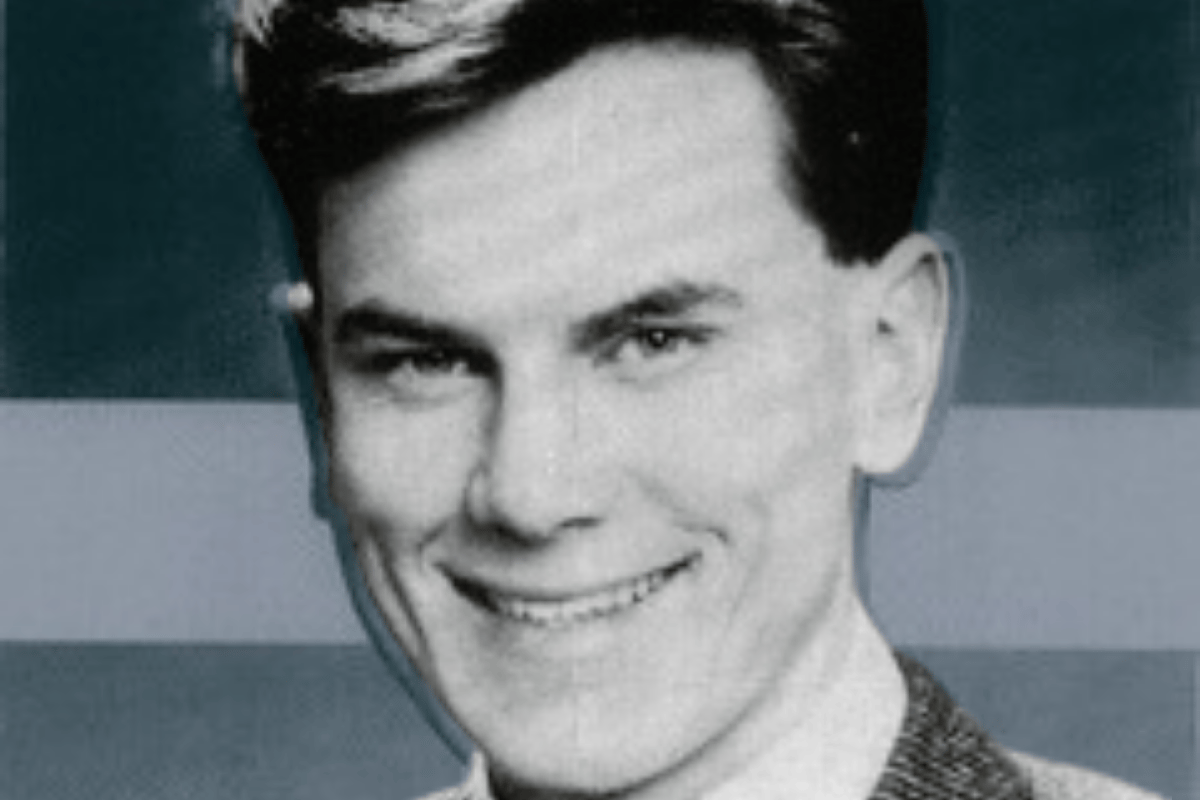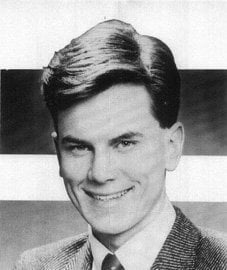
It started off like a typical weekend.
Every second Friday, WIN Television presenter Ross Warren would leave his one-bedroom apartment in Wollongong and travel to Sydney to spend the weekend with friends.
But on a freezing Saturday morning in July 1989, the 24-year-old drove to the headland at Bondi and disappeared. He hasn't been seen since.
Watch the trailer for Mamamia's True Crime Conversations podcast. Post continues below.
At the time, Warren, a 'closeted' gay man, was staying with one of his friends, Craig Ellis, in Redfern.
On the Friday night, the pair went out to dinner before Warren suggested meeting up with another friend from work at Oxford Street. Warren stayed there until about 2am that morning.
"Then [Warren] got in his car and drove off. He headed towards Bondi, not back to Redfern," Greg Callaghan, host of the Bondi Badlands podcast, told Mamamia's True Crime Conversations.
That night, Warren drove to Fletcher Street, near Marks Park, a known gay beat at the time where people in the area would go to meet up.
